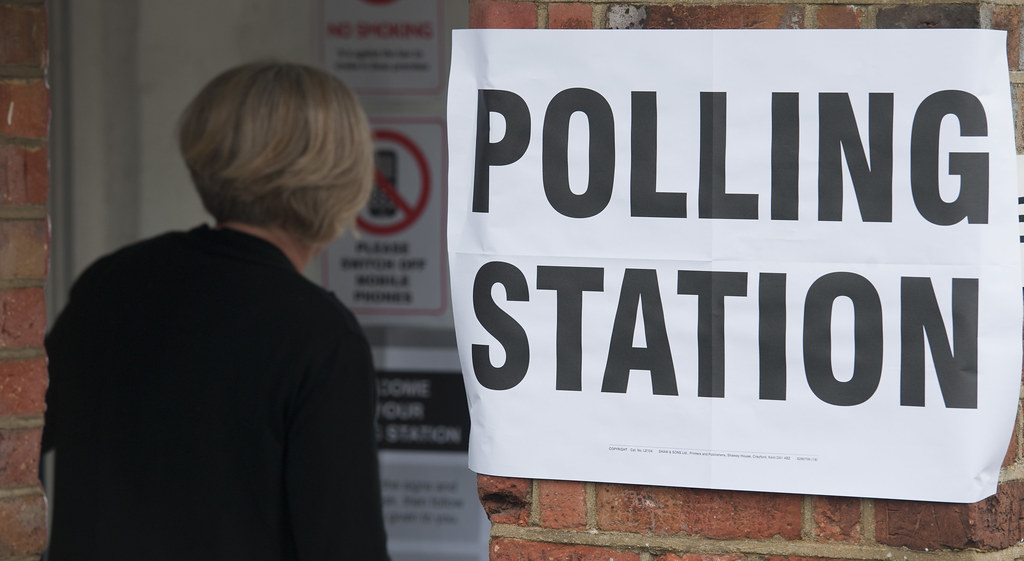Now that you need valid photo ID to vote in UK elections, what are the steps you can take to protect your vote?
FROM this year a valid photo ID will have to be presented at polling stations to vote in UK Government elections – but you can’t just use any ID.
You can use a passport, which is the preferred option, a driving licence or a PASS card, all of which cost money. There are others you can use but they tend to be aimed at older generations – creating “barriers” for younger voters.
You will need ID to vote in general elections, by-elections, Police and Crime Commissioner elections, and recall petitions.
The 2021 Census revealed 2.5 million usual residents in Wales (81.2%) hold at least one passport, while 583,000 (18.8%) do not.
Cardiff and the surrounding area have some of the highest levels of passport-holders.
However, in Blaenau Gwent a quarter of the residents do not own one – the highest percentage in Wales.
Passports need to be renewed every 10 years, putting you £75.50 out of pocket each time. Driving licences also need to be renewed every 10 years and can cost up to £43, with renewal cost between £14 and £25.
You can also use a PASS (Proof of Age Standards Scheme) card, which costs around £15 depending on which scheme you use.
Other valid IDs are mainly used by older generations. Cardiff Central MP Jo Stevens criticised the UK Government for “deliberately disenfranchising younger voters”.
For example, the over 60s can use their Welsh Concessionary Travel Card, but no other travel cards are valid, despite rail cards being popular among young people as they offer discounted travel.
This could potentially harm young voter turn-out, which is already low. In the 2019 General Election estimated turn-out for 18 to 24-year-olds was 47% and for those over 65, this went up to 74%.

The full list of acceptable IDs are:
- UK passport
- UK driving licence
- A PASS card bearing the PASS hologram
- Older Person’s Welsh Concessionary Travel Card (60+ in Wales)
- Disabled Person’s Welsh Concessionary Travel Card (60+ disabled people in Wales)
- Defence Identity Card (for those in the Armed Forces)
- Blue Badge scheme card
- National identity card issued by an EEA state
- Commonwealth or EEA passport
- Channel Islands, Isle of Man or an EEA driving licence
- A biometric immigration document (for immigrants in the UK)
- Oyster 60+ (for those in London)
- Freedom pass (for those in London)
- Disabled Person’s Freedom Pass (for those in London)
- Older Person’s Bus Pass (for those aged 60 to 68 in England)
- Electoral Identity Card (For all in Northern Ireland)
- Senior SmartPass (for the 65+ in Northern Ireland)
- Registered Blind SmartPass (for those with a disability in Northern Ireland)
- War Disablement SmartPass (for those with a disability in Northern Ireland)
- 60+ SmartPass (for the over 60 in Northern Ireland)
- Half Fare SmartPass (for those with a disability in Northern Ireland)

Chair of the British Youth Council Zara Khan said the list of valid forms of photo ID (which are detailed below) are a “barrier in the way of young people accessing their vote: particularly those who don’t have more expensive forms of identity documents, like passports”.
Ms Khan added: “We know that many young people feel there is a lack of sufficient education surrounding voting in the UK. Fewer options on polling day could further isolate.”
There is an option available for those who do not have a valid ID. If you do not have a valid photo ID, no longer look like the photo on your ID, or have a different name on the ID compared to the electoral register, you can apply for a Voter Authority Certificate. The deadline will be six working days before the date of any election, at 5pm.
This can be used as proof of identity for UK elections, but not for anything else.
Dr Jess Garland, Director of Policy and Research at Electoral Reform Society, called the voter ID policy “dangerous”, adding: “It’s worrying that so few people are aware of these changes and the steps that many without ID will need to take to get a Voter Authority Certificate and be able to cast a vote.
“It might sound like a minor adjustment, but voter ID is the biggest change to how our elections are run in a generation – one that’s being rushed through by ministers despite knowing full well that millions lack the necessary ID.”
MP Jo Stevens added: “Not only is the legislation unworkable, it will disenfranchise millions of people who are without a photo ID, as these statistics show.
“In particular, the forms of acceptable IDs specifically exclude student ID and younger people’s railcards, whilst travel cards for older people are included.”
You can find out here which ID you are eligible for and how much it will cost.



